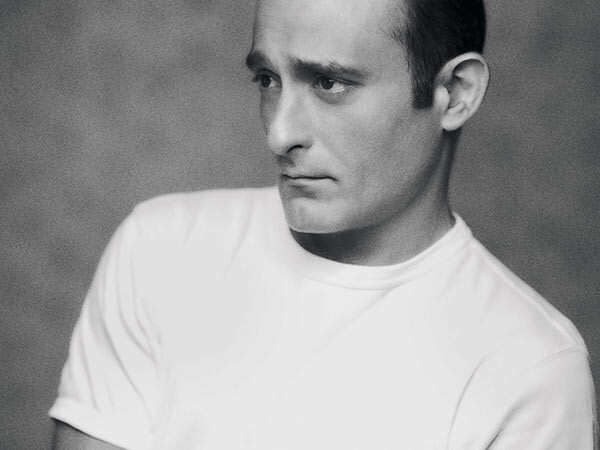He has just finished a round of squash and is kind of glowing with good health. Akshaye Khanna has called me to an upmarket SoBo club for the interview. He takes me towards the poolside, orders some tea and goes away to change. Coming back, he pours me some tea and prepares his own cup. I mention it seems like we’re having this conversation in his living room, so cool and collected he seems in the surroundings. He laughs and says he considers the sports club his second home. The rain outside and the hot tea make a great ambience for a chat. Of course, ten minutes with him and you realise he isn’t a talker. You have to constantly prod him to elicit a response.
We chat for a while or rather I talk while he listens. The conversation veers towards his sabbatical from the industry. Getting reflective, he explains his reasons for staying away, “There were some personal issues. But to be honest, I was not happy with the work I was getting. So, I thought rather not work than do something that I was not sure of.” After a pause, he adds, “I realised how difficult it was not being able to express yourself creatively. To be able to survive that length of time and not lose your mind or begin compromising was difficult.”
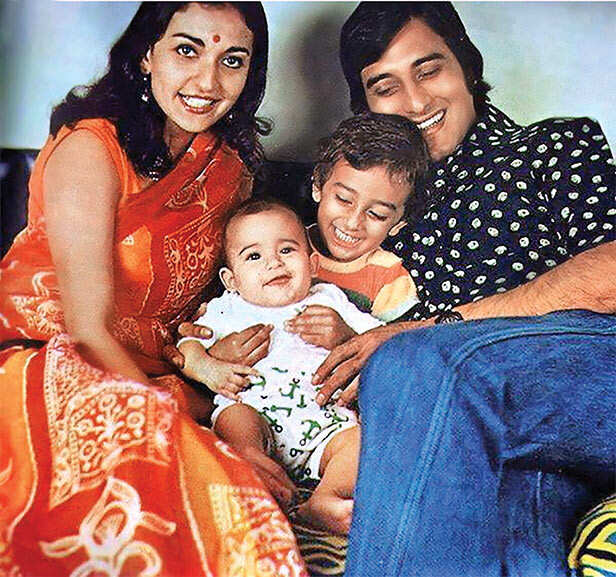
The rain is still lashing outside. After looking at it for some time and meditating on its ebb and flow, he points out that his hiatus was indeed a learning experience. “I learnt that I had the innate strength to endure that period. Four years is truly long considering how fast time is moving. Public memory is short,” he muses.
Dishoom, starring John Abraham and Varun Dhawan, was his comeback film where he played a negative character. He interrupts and says he doesn’t view it as a comeback project. He reveals he took it up as he wanted to begin gradually and earn his stripes back. “I played a villain in Humraaz, Race… Bad, good, grey, black, white… doesn’t matter to me. People have enjoyed me in such roles. Not all actors are that lucky,” he asserts.
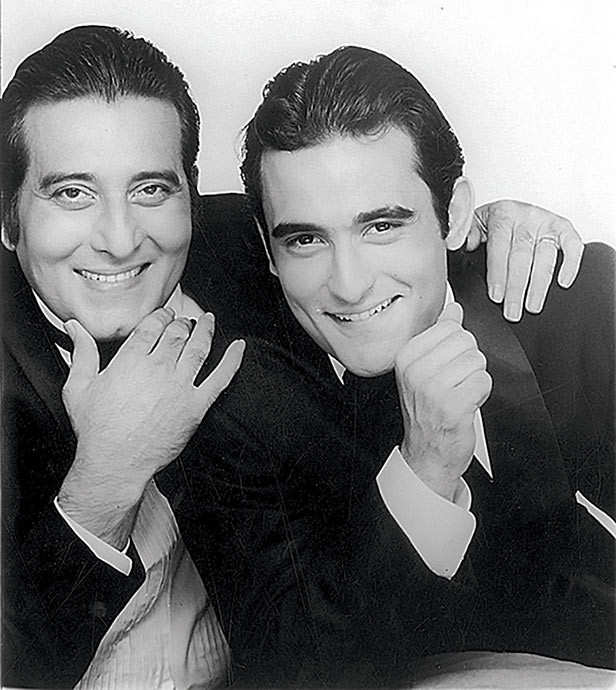
His latest release is Ajay Bahl’s Section 375 – a courtroom drama about how the Indian law defines rape and the complications associated with it. Akshaye’s act as a lawyer, defending a filmmaker accused of sexually assault, has won appreciation. He was also loved in his role of Sanjaya Baru, the media advisor to the Prime Minister of India from 2004 to 2008, in The Accidental Prime Minister. His face lights up when he hears the compliment. The film’s subject was a bit controversial and naysayers said it was made to malign the memory of former Prime Minister Manmohan Singh. Did he agree to the politics of it? He takes his time answering the question, busying himself with making another cup of green tea. “As an actor, you don’t necessarily need to agree with the content or the character you’re playing. My character was based on a book. So, my personal politics has got nothing to do with it. We were honest to the book,” says he, mixing both candour and political correctness in his measured reply. The film had him sharing screen space with Anupam Kher, who essayed Dr Singh’s role. He mentions Anupam didn’t get the acclaim he deserved as many believed he was playing a caricature. “A lot of people have a lot of opinions about Anupam. Personally, I get along well with him because he’s someone who makes me laugh. And anyone who makes me laugh becomes my close friend,” he smiles.
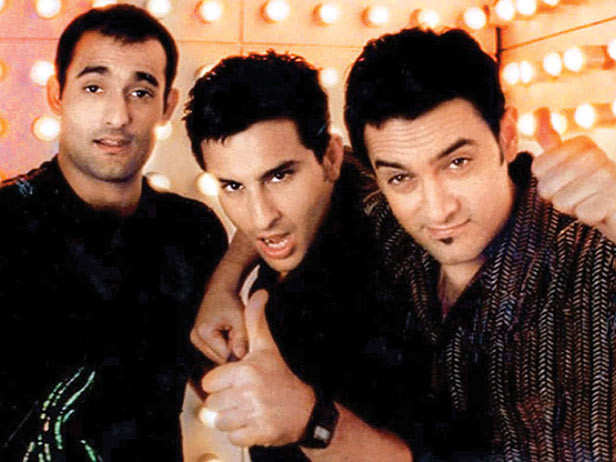
Akshaye started out way back in 1997 with Himalay Putra. Even after 20 years below his belt, he still feels he has much to learn. Ask him whether he has learnt to pinpoint what works and what doesn’t work for him and he just smiles. Giving the example of Kabir Singh, he says it was a film, which demolished all stereotypes about a typical Hindi film hero. He points out the leading man was totally flawed. He used drugs, alcohol, mistreated women and was abusive not only in his personal but even his professional relationship. Says he, “He’s self-destructive. But people loved it. The identification is not only with the character; it’s with the story too, something that’s never happened before. Maybe in some art films such characters were shown but not at such a massive commercial level. So, the definition of a hit film is fluid.”
The conversation flows to the changes he’s perceived in the industry down the years. He responds by saying that the ’60s, ’70s, ’80s had better scripts and directors. “Although we’ve progressed on many fronts as an industry, be it on the business side, the technical side, the exhibition side, even creatively. But the audiences will also agree we have a long way to go,” he maintains.
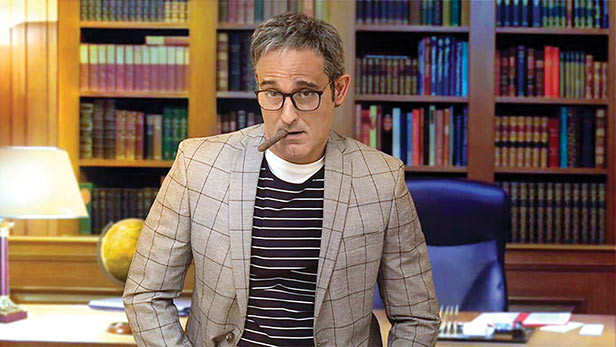
The audience today is discerning and has matured due to access to content from across the world. OTT platforms are the next big thing and maybe Akshaye should give such avenues a shot. While he doesn’t commit to anything, he agrees that digital is indeed the future. He states, “Digital is the future, especially in India where we have overpriced cinema tickets so much that it’s unaffordable to many. It’s sad. Cinema should be made affordable to a person with a basic salary; even he should be able to enjoy entertainment.”
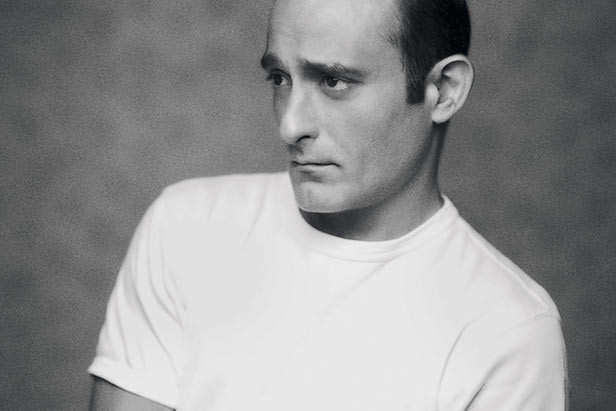
He elaborates further, “We Indians have grown up on cinema and for them to not be able to afford it is like not being able to afford milk. It’s not fair.” Ask him to spell out his best performance till date and he becomes all modest. He doesn’t want to open up. Quiz him again and he says, “I’ve done some decent work. I’ve done some shitty work but I still have a long way to go. I’d rather focus on that than look back at what’s been done,” says the actor who has the comedy, Sab Kushal Mangal, in the pipeline.
The rain has quietened down. So has he. I ask him about his mother, the late Geetanjali Talyar Khan. She passed away in 2018, just a year after his father Vinod Khanna’s demise. His eyes turn misty as he remembers his parents. Silence fills the air for a while. Then going all emotional, he reflects, “Losing your parents is a terrible feeling, especially when it happens in such close proximity. It’s surely a difficult time to go through but time is a great healer.”
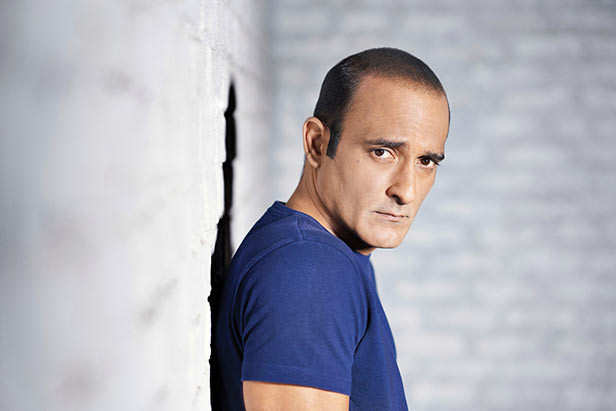
Source - Film Fare


